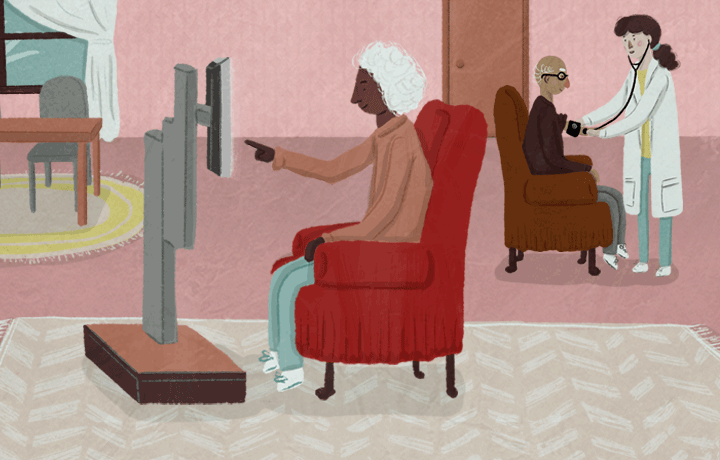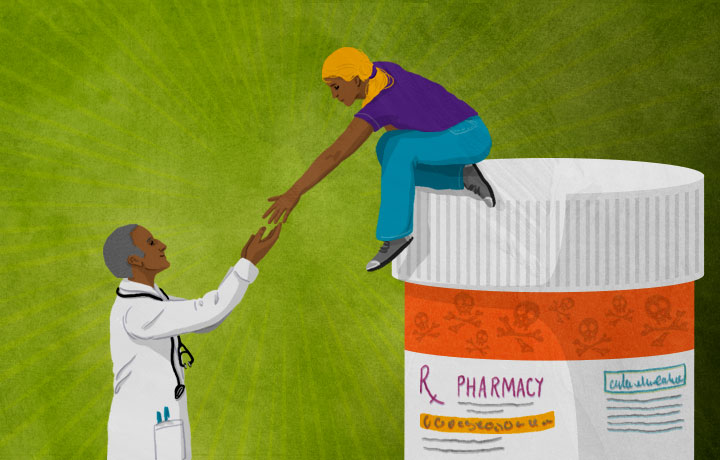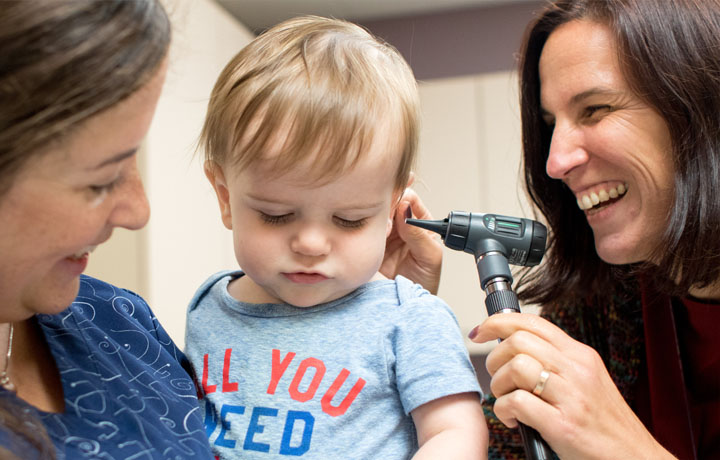Article
CVS takes an 'algorithmic approach' to pop health
By Lia Novotny | February 7, 2018

Editor's note: On December 3, 2017, CVS Health announced its planned merger with Aetna, a $69 billion deal with broad implications for the future of healthcare in the United States.
Excerpts from this March 2017 interview with Troyen Brennan, M.D., chief medical officer of CVS, shed light on the pharmacy giant's vision of how improved consumer access and big data can reshape healthcare.
As walk-in clinics and urgent care centers continue to transform healthcare to be more consumer-focused, athenaInsight sat down with Troyen Brennan, M.D., to understand how CVS is empowering its pharmacists and urgent care clinicians with data to help shift patient behavior.
Easing the 'job of the patient'
“Engagement is the most important thing in terms of population health. The patient has a job, and that notion of responsibility engenders engagement," says Brennan. "There are a lot of places where we can make things easier for them … convenience plays an incredible role in terms of trying to get people to do their job."
To support patients, CVS pharmacists do as much work for the patient as they can. "If they need a medication and need it soon, we can get it to them. We can help them understand their copays and deductibles. We can construct Pharmacy Benefit Management plans so physicians can do the setup and patients don't have to," Brennan says. Freed from these administrative obstacles, patients can simply focus on their health.
Building patient relationships
Building personal relationships is key to inspiring patients to do their job, says Brennan. That's why a primary goal of CVS pharmacists is to know the names of as many of their patients as they can. “The research literature shows that this has a substantial effect on health behaviors overall," Brennan points out.
The more patients feel this connection, the more engaged they are. According to a 2015 Health Affairs study, patients who opted to receive counseling from a pharmacist when released from the hospital had a readmission rate that was 50 percent lower than those who did not participate. This has an impact on the individual's wellbeing and the overall health of the population, Brennan says.
“If we can get patients to take that prescription, we lower their overall costs and prevent morbidity and mortality that otherwise the individual would experience," Brennan says. "By doing our job well, we not only create revenue for ourselves, we reduce overall costs to the patient and the system."
Using data to encourage adherence
Of patients released from the hospital after a heart attack, 22 percent aren't taking their prescribed medication six months later, and 50 percent aren't at the two-year mark, according to analysis of medical and pharmaceutical claims data. CVS is using its patient data to preemptively identify those patients who are likely to struggle with adherence. “We can access and analyze pharmacy and EHR data very quickly and find the patients that are most likely to do poorly over the course of the next 2 – 3 months and focus our outreach on them."
In addition to the work done by CVS's pharmacists, MinuteClinic practitioners are increasingly using artificial intelligence-based algorithms to treat chronic diseases, such as diabetes, hypertension and hyperlipidemia, Brennan says.
The technology makes care less expensive and more efficient and gives physicians time to focus on the more complex cases. “We're never going to replace the primary care doctor, and we don't want to. But we do think that there's a lot more care that can be rendered by nurse practitioners and pharmacists," Brennan says.
“You know, getting people to do the right things for their healthcare is a really slow and arduous process, and a lot of people have built business models on that and have failed," Brennan muses. "Nonetheless, that's really the challenge in front of us, and there're a lot of exciting new ways to think about it."
Lia Novotny is a frequent contributor to athenaInsight.






